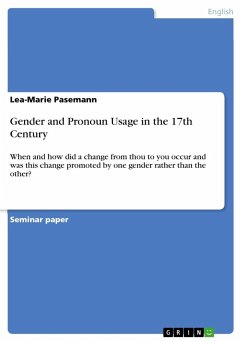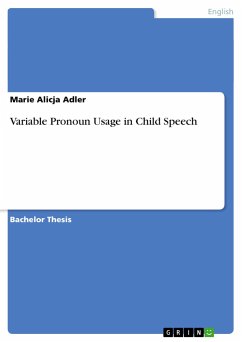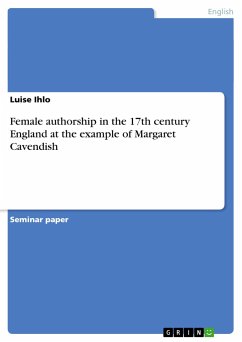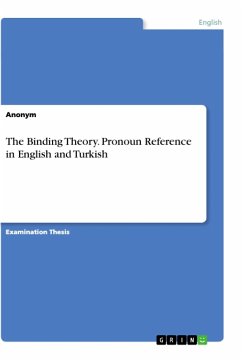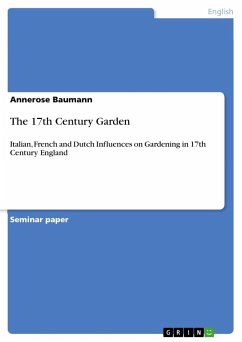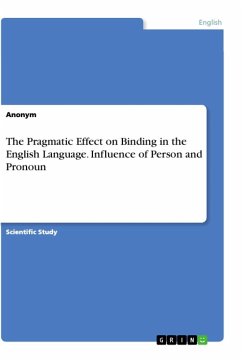Seminar paper from the year 2009 in the subject English Language and Literature Studies - Linguistics, grade: 1,0, University of Cologne (Englisches Seminar), course: Introduction to Sociolinguistics, language: English, abstract: Language changes, all the time. This is true because English spoken a millennium ago significantly differs from English spoken today. But how did it change and who were the in-novators who promoted language change in the course of time?It is the aim of the following research paper to show how and why the pronominal system changed from thou to you as the standard second person singular pronoun in the course of the Early Modern English period (1500-1700). More precisely, private correspondence from the 17th century will be examined to see why thou or you respectively were chosen and if it was one gender rather than the other who mainly contributed to the standard that we have today. The first chapter is going to shed light on Renaissance England and its demographical facts with particular emphasis on the role of women. General information will be included as well as some facts about family life, and most importantly, about education and literacy, which is imperative for language change found in written texts. The second chapter is going to investigate when, how and why a change in the pronominal system from thou to you occurred. In order to do so the concepts of power and solidarity as well as aspects of politeness theory will be considered. Chapter two is going to finish with a summary of assumptions about gender differences in pronoun usage. In chapter three a small-scale qualitative analysis of letters by female and male writers to family members will be carried out. The material is taken from the Corpus of Early English Correspondence (CEEC) as well as from the Helsinki Corpus (HC). It will be examined if the concepts brought forward in chapter two, e.g. affection or anger and matters of social stratification, e.g. super-/subordination played a role in language choice and, ultimately, language change. It is going to be the aim of the fourth and last chapter to summarize the findings and an attempt will be made to form a conclusion to the question asked initially.
Hinweis: Dieser Artikel kann nur an eine deutsche Lieferadresse ausgeliefert werden.
Hinweis: Dieser Artikel kann nur an eine deutsche Lieferadresse ausgeliefert werden.
